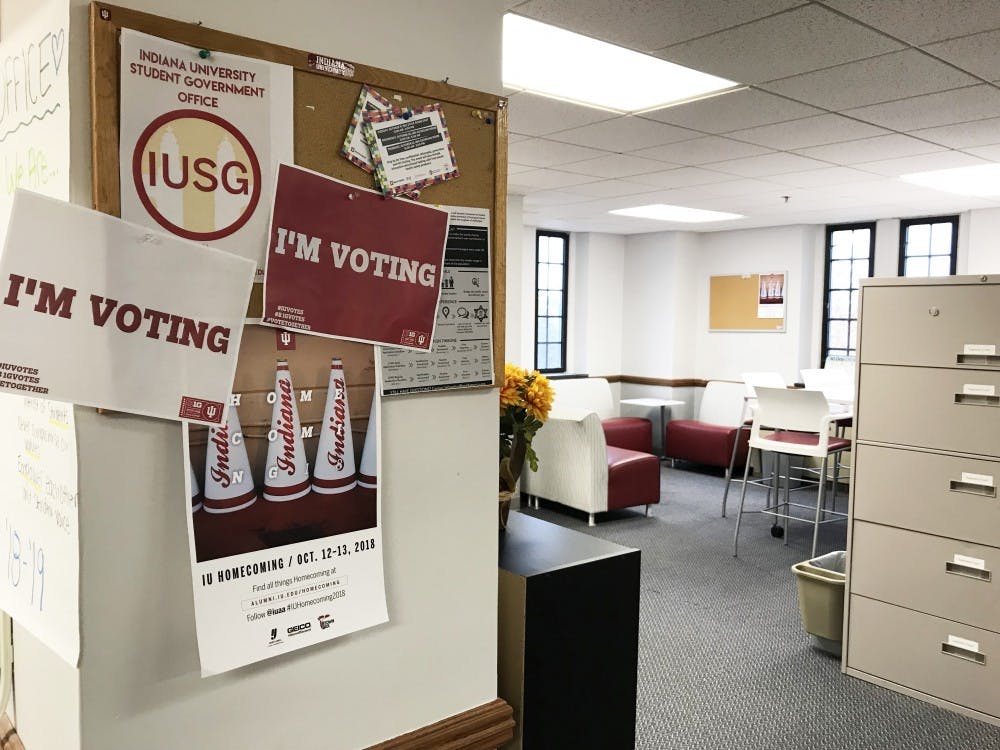To leaders from IU Student Government and Culture of Care, sexual assault rules on campus seem ineffective.
Sexual misconduct has been a pressing issue for students at IU over the last few years. The University was cleared of five Title IX investigations in February and over the summer, a student publicly accused IU of mishandling her case.
Leaders from the IUSG and Culture of Care had long been working to support survivors of sexual assault within existing IU code policy, but they decided it was time for students to become involved in changing the policies.
The two organizations came together in mid-September to form the Sexual Misconduct Student Working Group, an assembly of representatives across student organizations such as the It's On Us campaign and the Student Recreational Sports Center with a mission to examine current sexual misconduct policy and create recommendations for the University.
“We need to make sure that students aren’t feeling silenced,” said Isabel Mishkin, the IUSG chief of staff and co-leader of the working group.
The working group has three main areas of focus. This includes examining existing language and definitions in IU code, finding gaps or inequities in procedures and reviewing the University’s resources for educating students about sexual misconduct, such as the online MyStudentBody class all incoming students must take.
Mishkin said the group has identified roughly 15 areas of concern for which it has recommended policy changes.
Group members have worked closely with University administration while drafting its recommendations, including IU Title IX coordinator Emily Springston and Leslie Fasone, who is the director of the Office of Sexual Violence Prevention and Victim Advocacy.
“We believe very strongly that the best work is done when you’re including people in these conversations that have the information,” Mishkin said.
Leaders still think students need to have a voice in University policymaking. Tom Sweeney, president of Culture of Care and another co-leader of the working group, said it’s important that students advocate for themselves and others.
“Students are the ones experiencing the policies, and so it’s important that the policies match the needs of students,” Sweeney said.
Becca Townsend, IUSG’s chief of health and wellbeing, said student should be a part of designing procedures since they are the ones who participate in investigations.
“If students don’t have any input, how are they going to get the fair trial that they want to see?” Townsend said.
The official list of recommendations is expected to be released this winter, although Mishkin said the group plans to notify administrators about some of the recommendations ahead of time, so they could be prepared for the announcement.
Both Mishkin and Townsend said the recommendations are used to enact positive changes to IU’s sexual misconduct policies, procedures and student resources.
“I hope the student working group brings a voice to everyone that needs it,” Townsend said.



![Dean_Reingold_ltr[52] (1).jpg](https://snworksceo.imgix.net/ids/25483b05-dabd-4378-92bd-70a32c2579f0.sized-1000x1000.jpg?w=1500&ar=16%3A9&fit=crop&crop=faces&facepad=3&auto=format)
